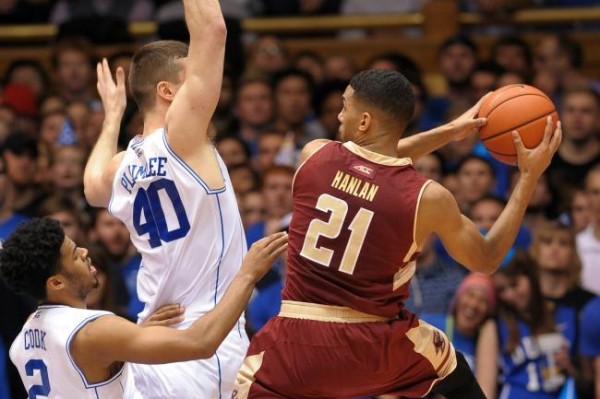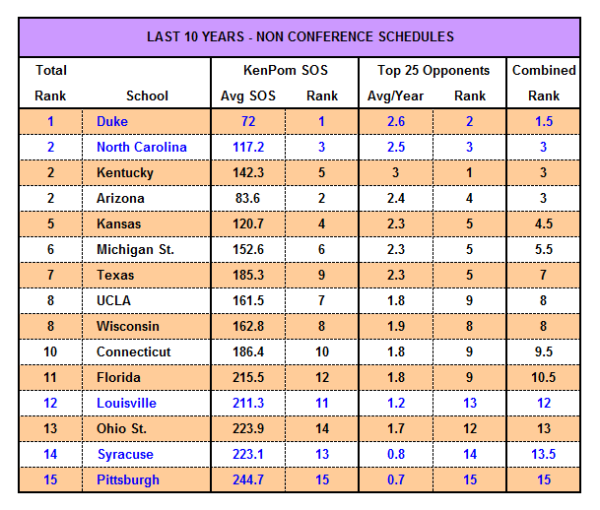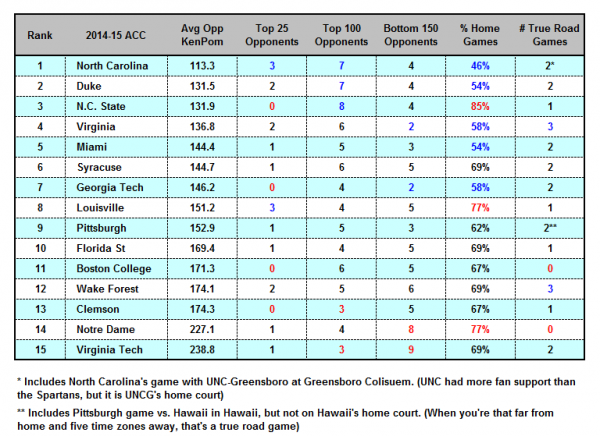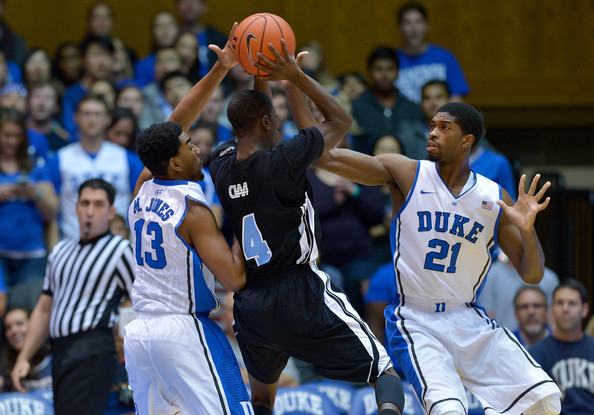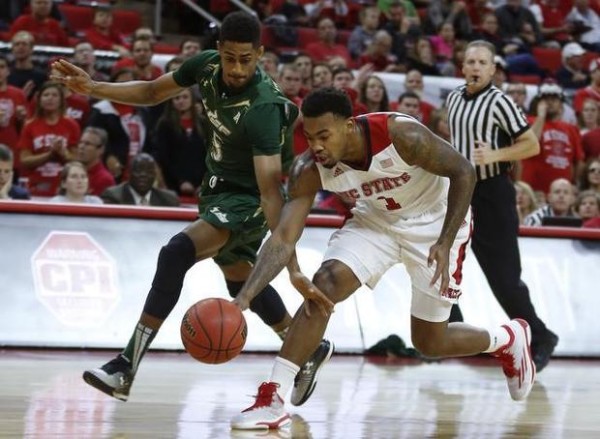Boston College’s Lack of Depth Limits Its Potential This Season
Posted by Brad Jenkins (@bradjenk) on January 5th, 2015Saturday afternoon in Cameron Indoor Stadium, Boston College showed that while its first unit is capable of competing with the best teams in the ACC, the lack of productivity from its reserves may be too big of an issue to overcome. After a ho-hum first half where the Eagles entered the locker room down 16 points, Jim Christian’s team came storming out to trail Duke by just 10 seven minutes into the second stanza. The Eagles used all five starters to cut the lead to a manageable figure, but then fatigue and foul trouble forced Boston College to go to the bench. The outcome: Within four minutes, the Blue Devils had spurted to an insurmountable 24-point lead and ended up coasting the rest of the way to an 85-62 victory.
In his postgame press conference, Christian commented that his team “needed to get energy from our bench in this game. I don’t think we did that.” He made a point to say that he wasn’t worried as much about bench points (a 17-point deficit), but more about getting effort and energy from the bench in areas such as rebounding and defense. Perhaps the player most affected by the Eagles’ lack of quality depth is star guard Olivier Hanlan, who led the way against Duke with 22 points and four assists in 37 minutes of action. As Christian said of his best player, “I wish we could get him a rest but unfortunately we don’t have another point guard.” Hanlan, described by Mike Krzyzewski as “a load to defend,” was effective in getting to the basket despite facing multiple fresh Blue Devil defenders throughout the game. But according to his coach, fatigue is hurting the junior All-ACC player’s contributions at the defensive end, and his challenge is to learn to “play through it.” Tired legs is also a major reason that Hanlan’s shooting percentages are down across the board this year.





























